Helen Tope reviews An Inconvenient Sequel: Truth to Power, screening here at Plymouth Arts Centre on Friday 20 and Saturday 21 October. Tickets are available to purchase on our website or via our Box Office.
It is eleven years since An Inconvenient Truth. The climate change documentary won an Oscar, and its narrator, Al Gore, was awarded the Nobel Peace Prize for a lifetime spent trying to galvanise the political world into action. In 2017, An Inconvenient Sequel asks the question – what has changed?
We follow Al Gore as he travels the globe, addressing newly-recruited members of the Climate Reality Leadership Corps programme – an initiative spear-headed by the success of An Inconvenient Truth. Gore may be preaching to the converted here, but he is all too aware that the need to adopt new technologies, and the damage being done by fossil fuels is, by and large, still falling on deaf ears.
While the format of the two documentaries mirror each other quite closely – lecture footage interspersed with interview segments – An Inconvenient Sequel is very different in tone. While An Inconvenient Truth guides us through the mechanics of climate change with a gentle humour and persuasiveness, An Inconvenient Sequel bristles with Gore’s energy and fury at having to repeat the same message. The sense of urgency is palpable in Gore’s voice – and it makes An Inconvenient Sequel even more compelling than its predecessor.
The need for action is exacerbated when the documentary begins to follow the 2016 US Election. Despite all predictions for a Clinton win, America votes for Trump.
“The coda to this film is a reminder of how quickly human action can impact on the environment.”
Trump, the world’s most prolific climate change denier, casts a long shadow over this film. With a swipe of his pen, Trump begins to unravel the progress made by the Obama Administration. His decision to withdraw America from the Paris Agreement – a consensus made by 200 countries to cut greenhouse gas emissions – was met with derision when it was announced earlier this year. After his inauguration, Trump ordered the EPA (Environmental Protection Agency) to remove the climate change page from its website. Having built a campaign on bringing back industrial jobs back to the heartland of America, Trump’s focus is easily explained, but less easy to comprehend.
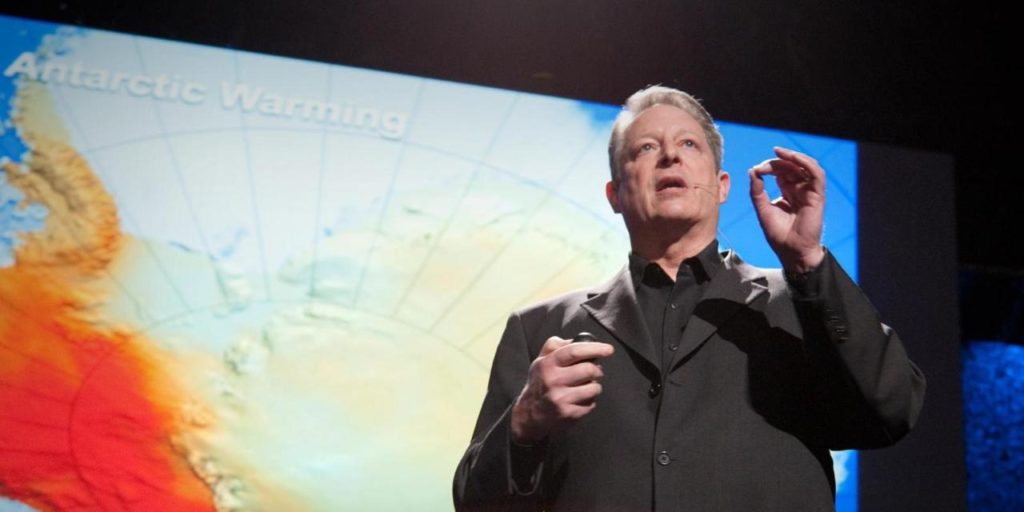
The coda to this film is a reminder of how quickly human action can impact on the environment. Trump is virtually making Gore’s point for him, but the President’s inability, or unwillingness, to acknowledge the patterns of extreme weather as the direct consequences of global warming is an act of sheer audacity. The question hanging over An Inconvenient Sequel is just how much longer Trump can look the other way.
“Profits before people is a depressingly familiar story, and, Gore implies, it could be the undoing of us.”
An Inconvenient Sequel is a film all about perspective, and just why it matters. As developing economies such as India trade off pollution against independence, Al Gore becomes indispensable in his ability to see the situation from both sides of the fence.
Gore makes progress, not by declaration, but by listening to what is being said. He is – without exception – always in the room. It is Gore’s impartiality that really impresses; and it makes his decision not to return to politics all the more poignant.
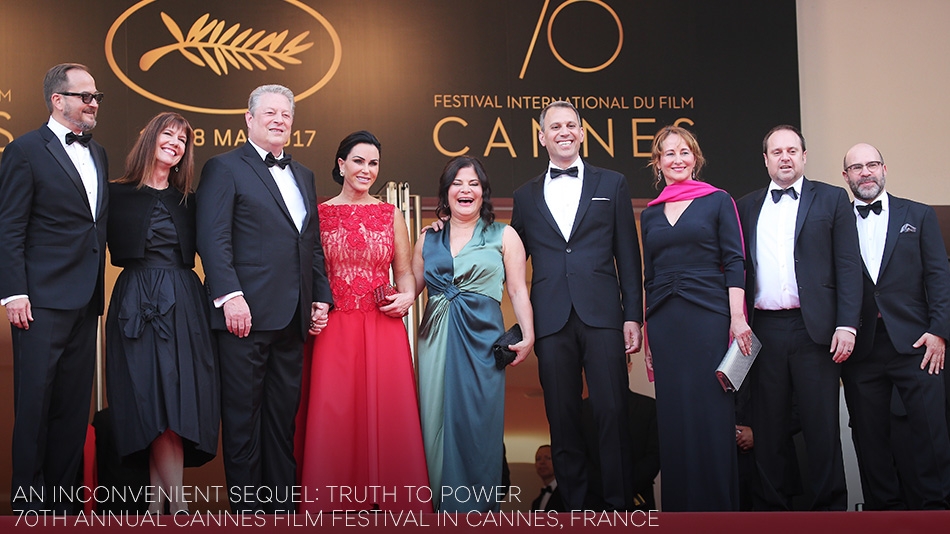
Where An Inconvenient Truth relied on shock tactics (showing the 9/11 memorial being deluged by floodwater), the Sequel is more reflective. It considers why our response to climate change continues to be so hesitant, when immediate action was needed thirty years ago. The potential of solar panels to reduce electricity bills offers a clue as to why change is being met with such reluctance. With even a small cut in the profits of utility companies at stake, those companies will dig in and play the game to ensure that no more pieces on the board are moved. Profits before people is a depressingly familiar story, and, Gore implies, it could be the undoing of us.
But despite all the reasons for pessimism, in An Inconvenient Sequel, the narrative is not one of inertia, but inspiration. Countries such as Chile have wholeheartedly embraced new technologies and are actively reducing their carbon footprint. Chile is producing so much solar power, it has to give some of it away for free. It is action that leads the way, and the documentary ends with the supposition that the time for talk is at an end. We know the message, what to do, and why it must be done. As the credits roll, the question has to be asked – what’s stopping us now?
Helen Tope is a writer living and working in Plymouth.
@Scholar1977
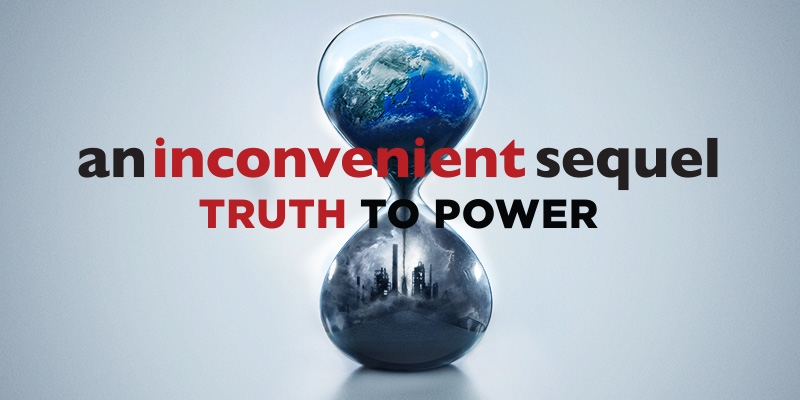
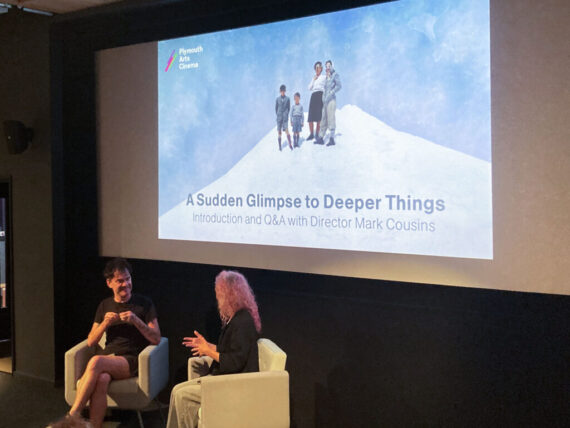


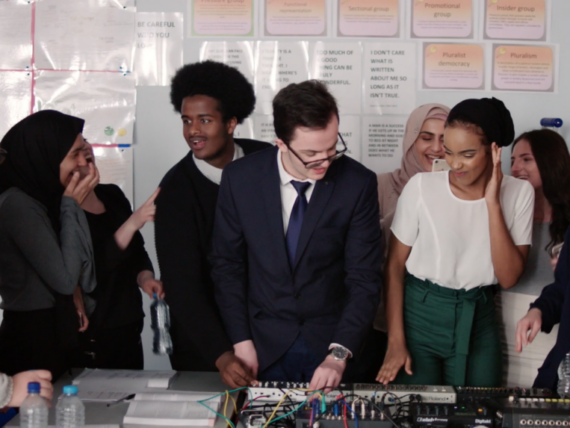
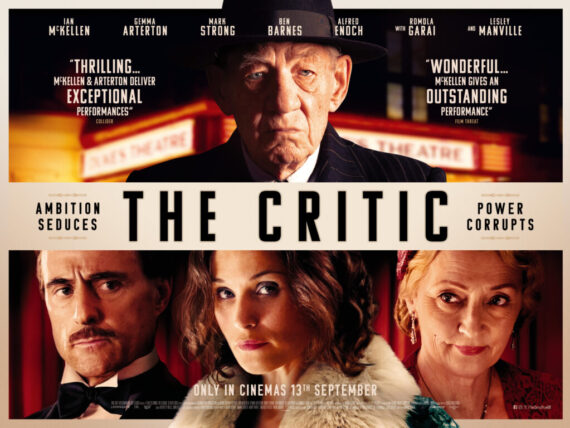
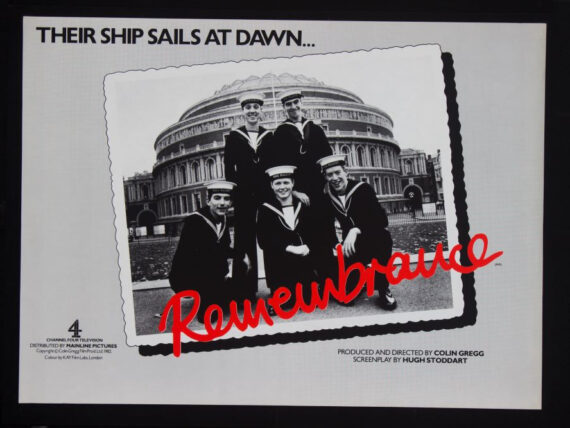
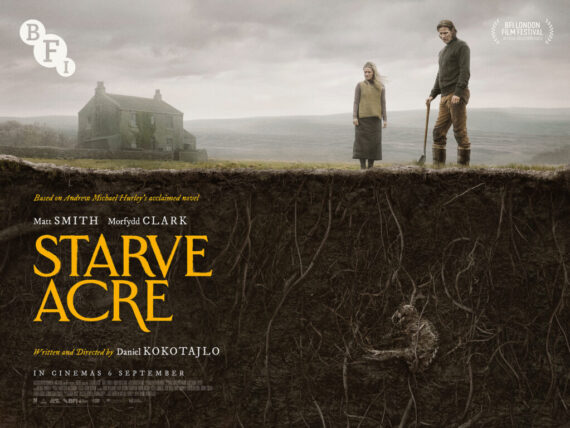
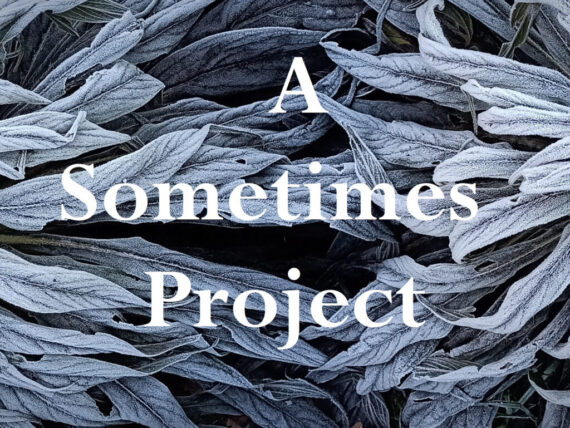
Comments
Comments are closed.